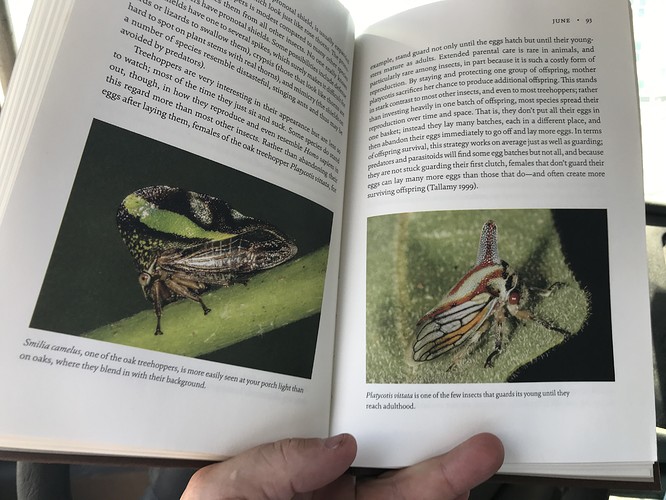Not so much a ‘pithy quote’ but a general reflection. As mentioned, a while ago, I’ve been reading and writing a lot of haiku lately. Originating in 16th Century Japan, most traditional haiku has been written by Buddhist monks (Basho, Issa, Chiyo-Ni, etc.) and contain Buddhist themes. Not surprisingly then, many ‘How to’ books suggest budding haiku poets practice Buddhist spirituality to ‘clear the way’ for inspiration (meditation, quieting the mind, surprising the self, minimising attachments, etc.).
For a range of reasons, I take issue with many (but not all) aspects of Buddhism and so wanted to find a different approach to seeking inspiration for my haiku. And I think I have found one. Given that the purpose of haiku is record a moment or feeling (traditionally, from nature) with brevity, purity, and accuracy, I have come to see haiku as polaroids of God’s providence. Moments lovely orchestrated by a benevolent sovereign Deity which the poet has the honour of experiencing and recording.
As a result, haiku reading offers a window into this providence as experienced (even if not recognised) by others, and my only humble compositions an opportunity to worship my Lord. Even if he never explicitly appears in the verse, they are all dedicated to him.
Spring rain:
Everything just grows
More beautiful.
~ Fukuda Chiyo-Ni

